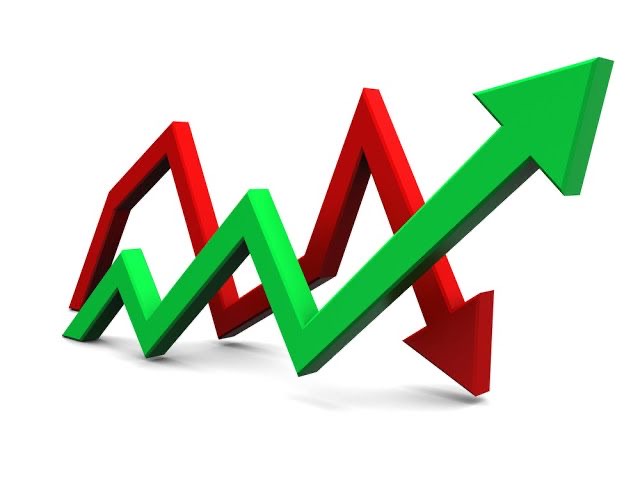The euro declined sharply today after fresh data showed a significant slowdown in Eurozone inflation, raising concerns that the European Central Bank (ECB) may halt its interest rate hikes sooner than expected. The latest figures revealed that annual inflation in the Eurozone dropped to 3.5% in September, down from 4.3% in August, marking the lowest level since early 2022. This has led to speculation that the ECB’s aggressive tightening cycle could be nearing its end.
As a result, the EUR/USD pair fell below the 1.05 mark, trading around 1.0470, a level not seen since March. The euro also weakened against the British pound, with EUR/GBP slipping to 0.86.
The inflation slowdown was driven by a combination of lower energy prices and easing supply chain pressures, but core inflation, which strips out volatile items like energy and food, remains elevated. The ECB has been raising interest rates at an unprecedented pace over the past year to combat persistently high inflation, but the latest data suggests that price pressures may be easing faster than anticipated.
Market participants are now questioning whether the ECB will continue with its tightening strategy or shift to a more dovish stance in response to the weakening inflation data. ECB President Christine Lagarde recently emphasized that future policy decisions would depend on incoming data, and the latest inflation figures could provide grounds for the central bank to pause its rate hikes.
Economists warn that the Eurozone still faces significant risks, particularly in terms of economic growth. Several countries within the bloc, including Germany and Italy, are grappling with stagnating economies, and tighter monetary conditions could further dampen economic activity. A potential pause in rate hikes could offer some relief, but it might also weaken the euro further as other central banks, such as the U.S. Federal Reserve, continue with their more aggressive tightening policies.
The euro’s weakness is expected to persist in the short term, especially if upcoming economic data reinforces the view that inflationary pressures are easing across the region. Traders will be closely monitoring the ECB’s next policy meeting and any forward guidance that might provide more clarity on the central bank’s future moves.
For now, the market sentiment around the euro remains cautious, with growing concerns that a dovish turn from the ECB could leave the currency vulnerable to further downside pressure.
